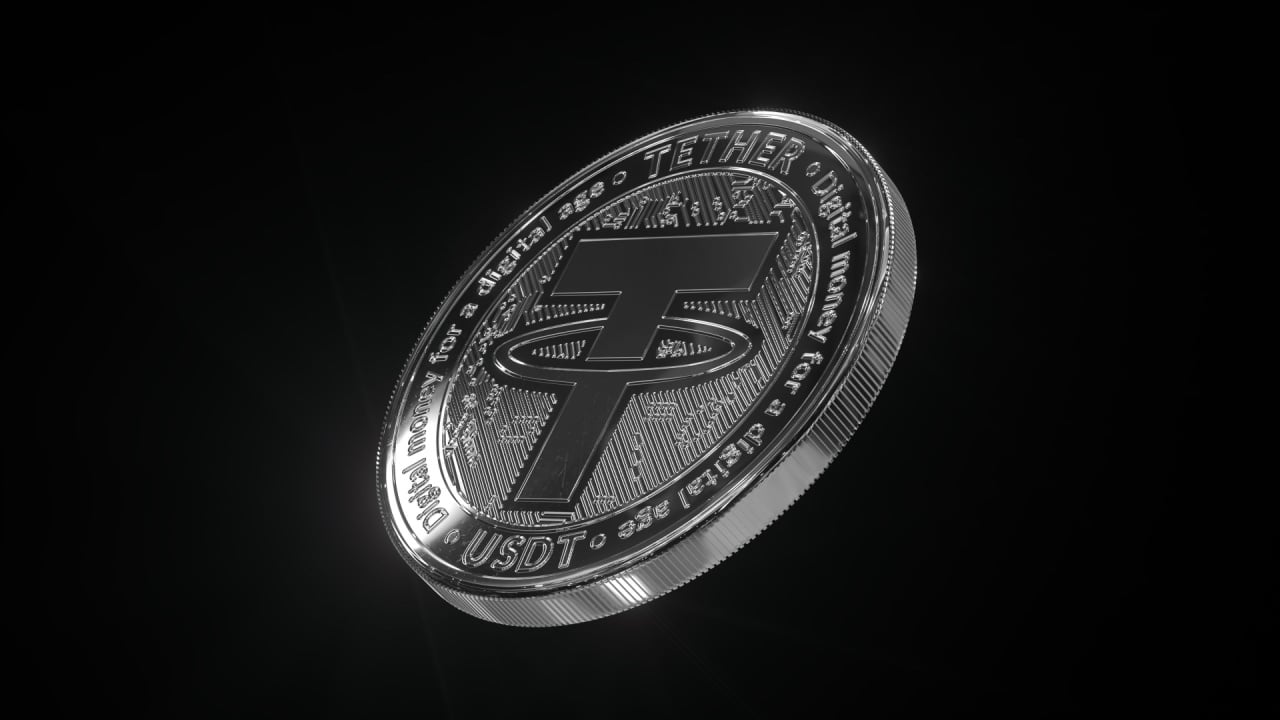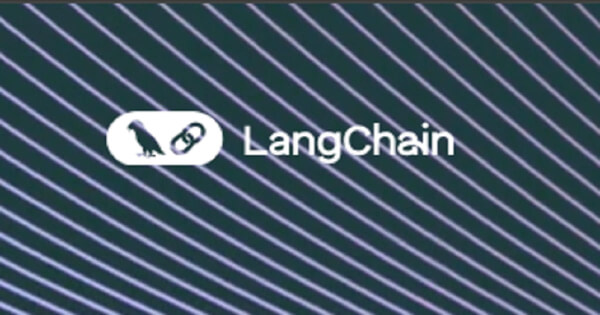In a recent flare-up on X, notable voices from both the Ethereum and Solana communities clashed over various criticisms directed at the Solana blockchain. Flip Research, a X handle aligned with pro-Ethereum viewpoints, outlined several perceived flaws in SOL’s architecture and operation, raising questions about the blockchain’s reliability, usability, and future potential in institutional settings.
Flip Research cited concerns about Solana’s network stability, pointing to “numerous outages” and a “high rate of failed transactions” as key weaknesses. The research entity also critiqued the Solana blockchain for being centralized and the explorer for its user-unfriendliness, as well as the use of Rust programming language, which it claims poses “high barriers to entry on the dev side” compared to Ethereum’s Solidity.
Furthermore, Flip Research commented on what they perceive as Solana’s “poor interoperability versus EVM” and speculated on the low likelihood of a spot SOL ETF emerging due to regulatory and demand perspectives.
All Solana FUD?
Joe McCann, a popular advocate for Solana, responded with a series of counterarguments aimed at debunking the claims made by Flip Research. McCann emphasized the context of blockchain reliability, comparing SOL’s outages to those experienced by mainstream technologies.
“Reliability for any network requires pressure testing the system with real load. For example, AWS has had over 20 outages since 2007. AWS is, of course, the market share leader in cloud computing,” McCann explained, suggesting that occasional outages are part of the growth and scaling process for any advanced technological platform.
Addressing the issue of transaction failures, McCann clarified the nature of these incidents: “If you want to conduct a swap on Jupiter Exchange and you set your slippage to a maximum of 3%, and you go to make a swap and the program (smart contract) determines your slippage is > 3%, it will revert the transaction. This is not a failure – the on-chain program is doing exactly what the user commanded.”
McCann robustly defended the use of Rust over Solidity, citing its popularity and desirability among developers. “Rust has been voted the most ‘admired’ programming language in Stack Overflow’s annual developer survey for eight years in a row. Moreover, Rust is not only the most admired but is highly ‘desired’ by developers,” he stated, highlighting the strong community and developer support for Rust as opposed to Solidity.
On the point of centralization, McCann provided specific metrics to counter the claim that Solana is overly centralized: “Ethereum’s Nakamoto coefficient is…2. TWO. Solana’s Nakamoto coefficient is…20. That’s 10x more decentralized using this one metric. But let’s use another metric. One of the key centralization risks is where your nodes/validators are running. Are they in someone’s apartment or in a massive cloud computing data center, like AWS or GCP? 50% of Ethereum validators are on hosted networks, like AWS. Solana validators running in hosted networks are around 10%.”
McCann also addressed the speculation around a spot Solana ETF, dismissing doubts about institutional interest as baseless. “This is simply conjecture, and the outcome is that of a digital option – either it happens or it doesn’t. With folks like Raoul Pal and innovative ETF issuers like Vaneck leading the charge, the notion that there isn’t sufficient institutional interest in SOL is nonsense.”
At press time, SOL traded at $179.80.
Featured image from Shutterstock, chart from TradingView.com
Credit: Source link























